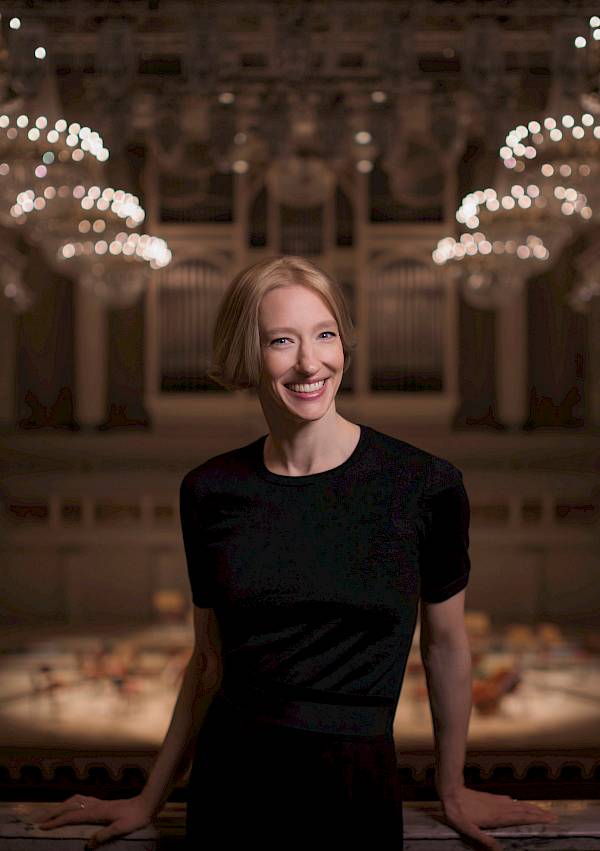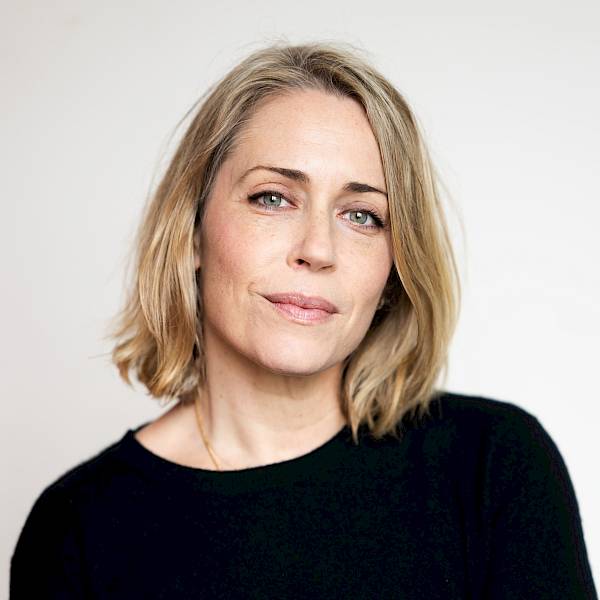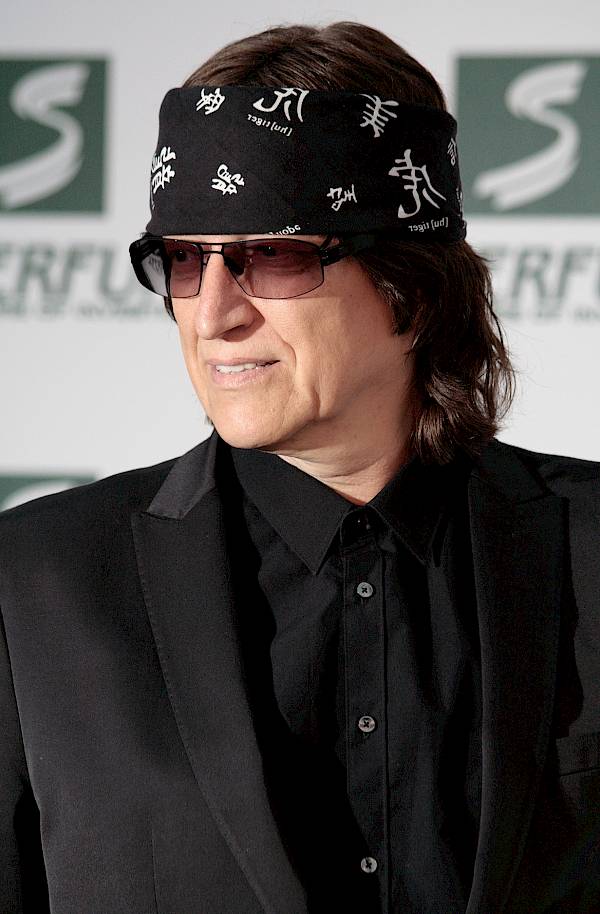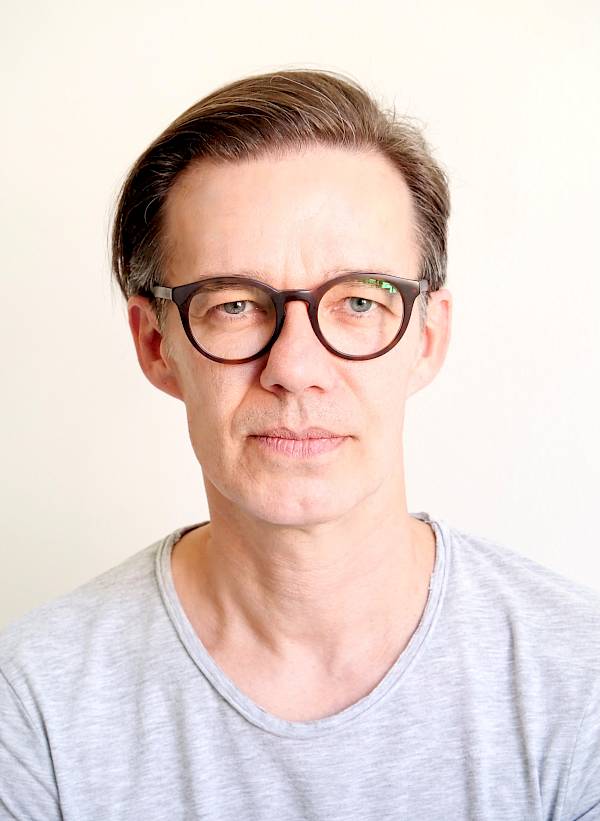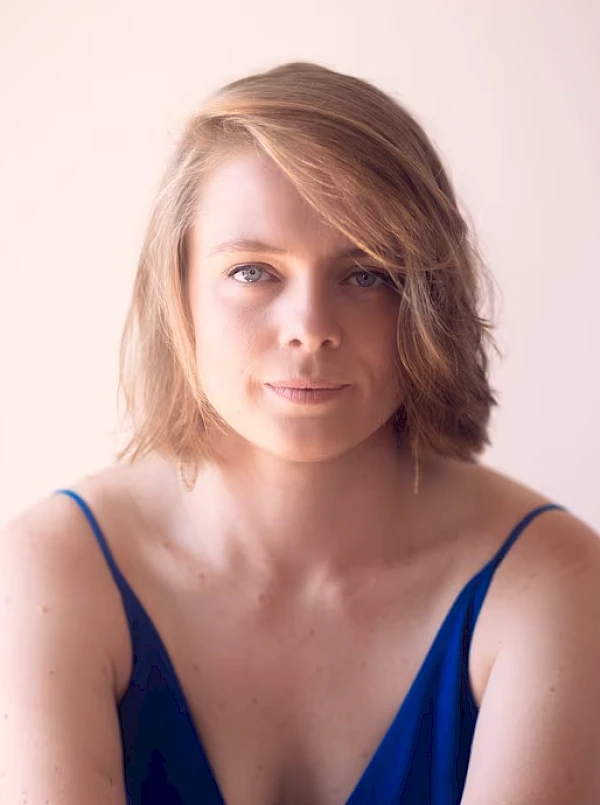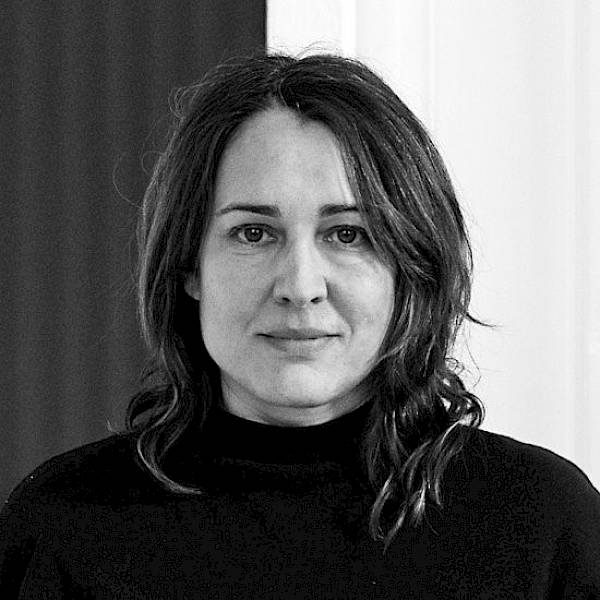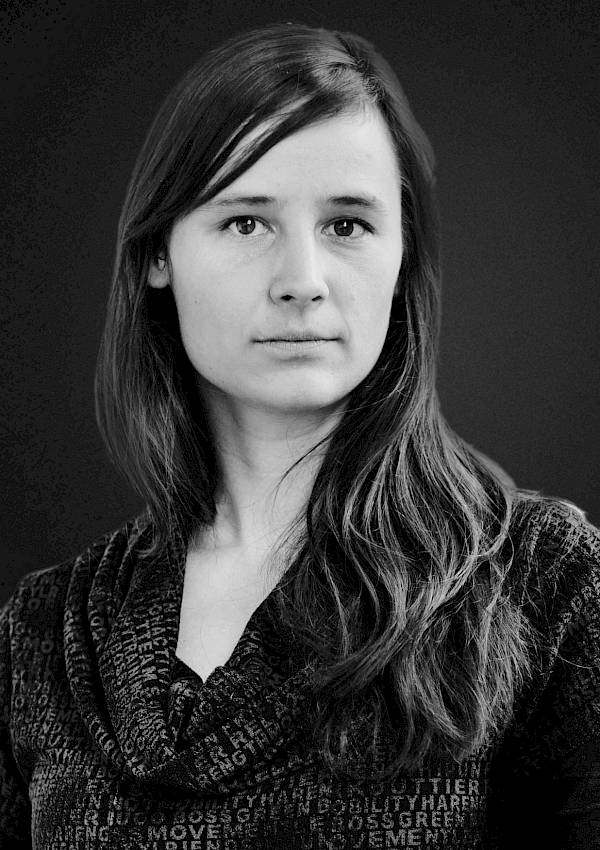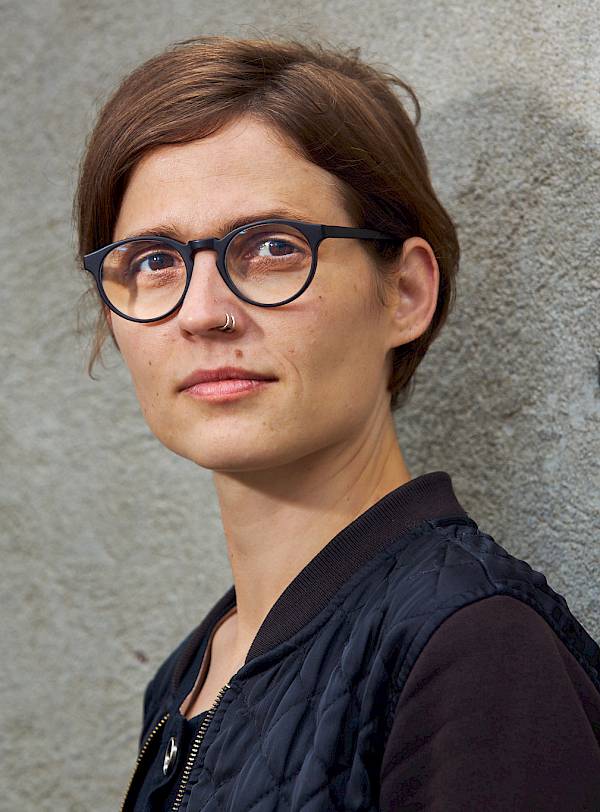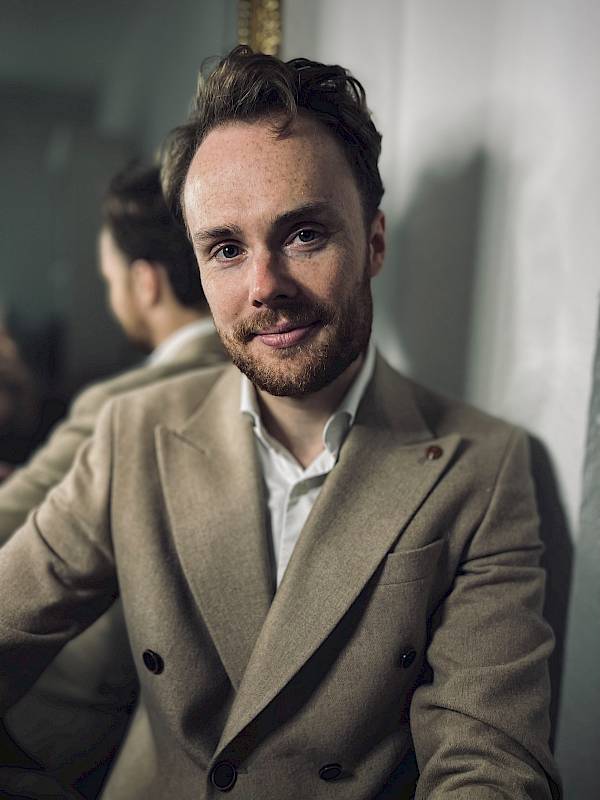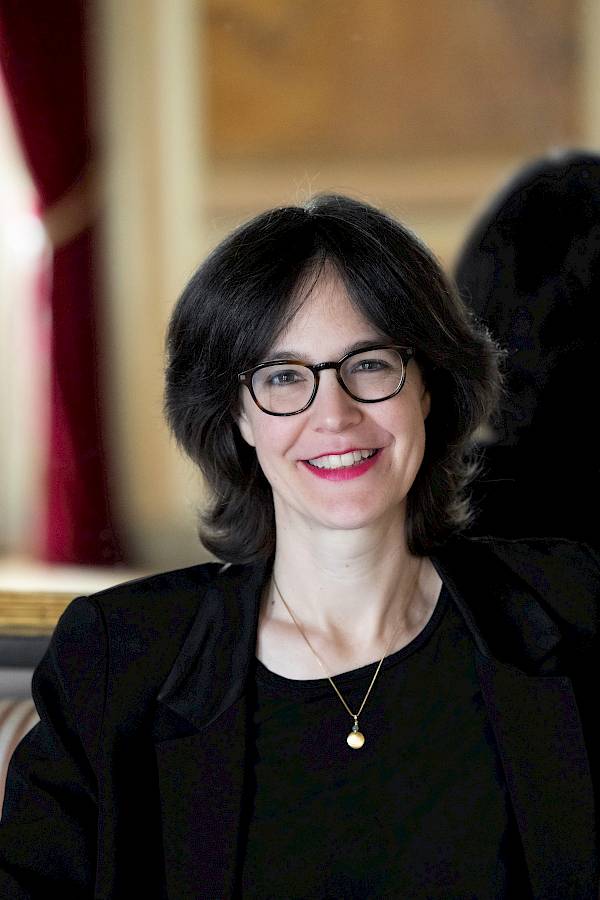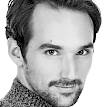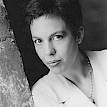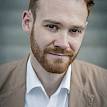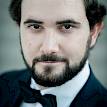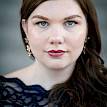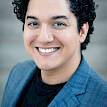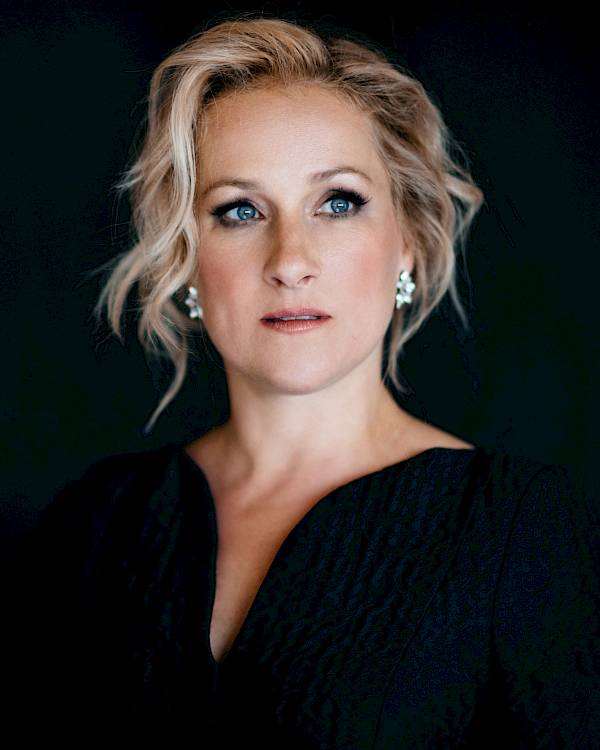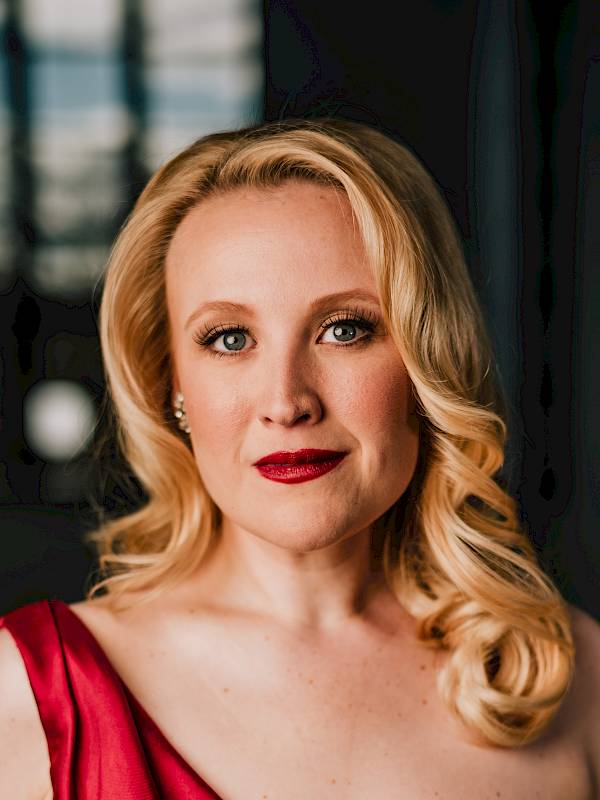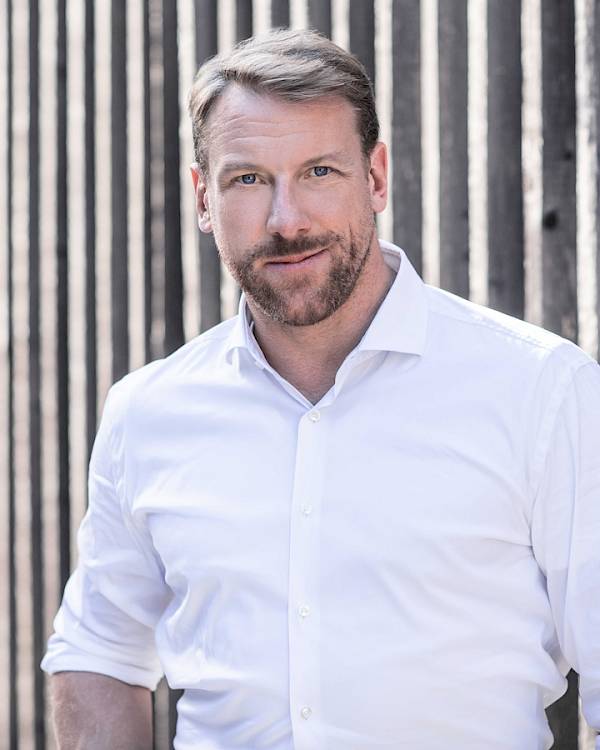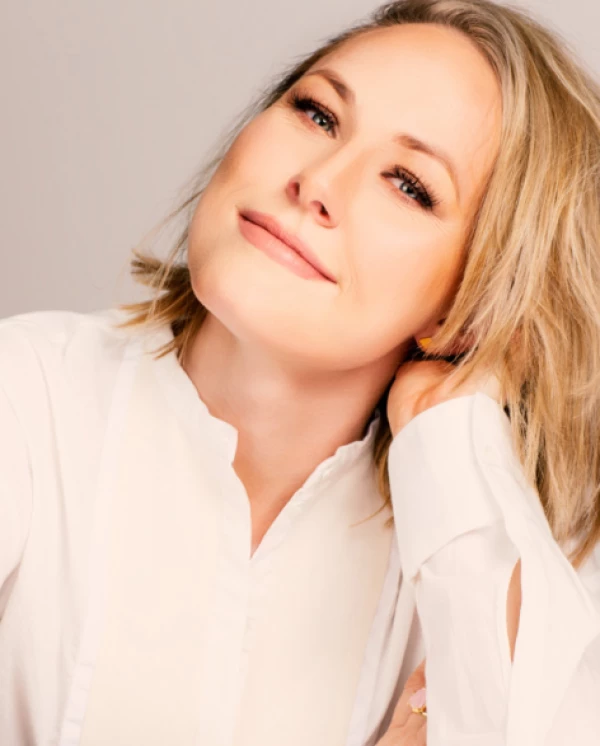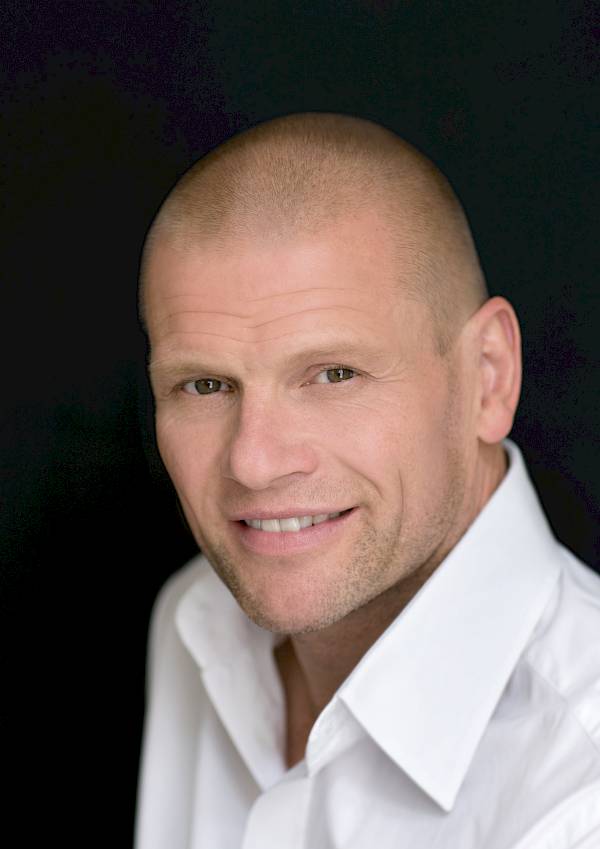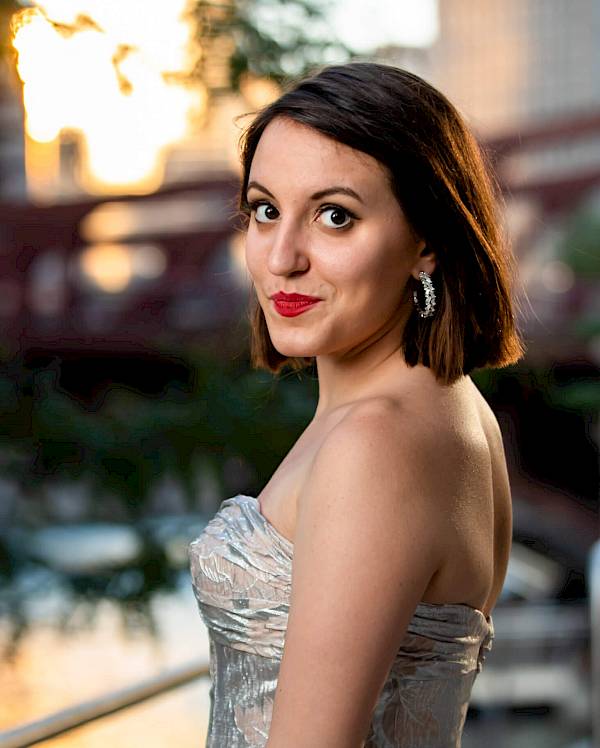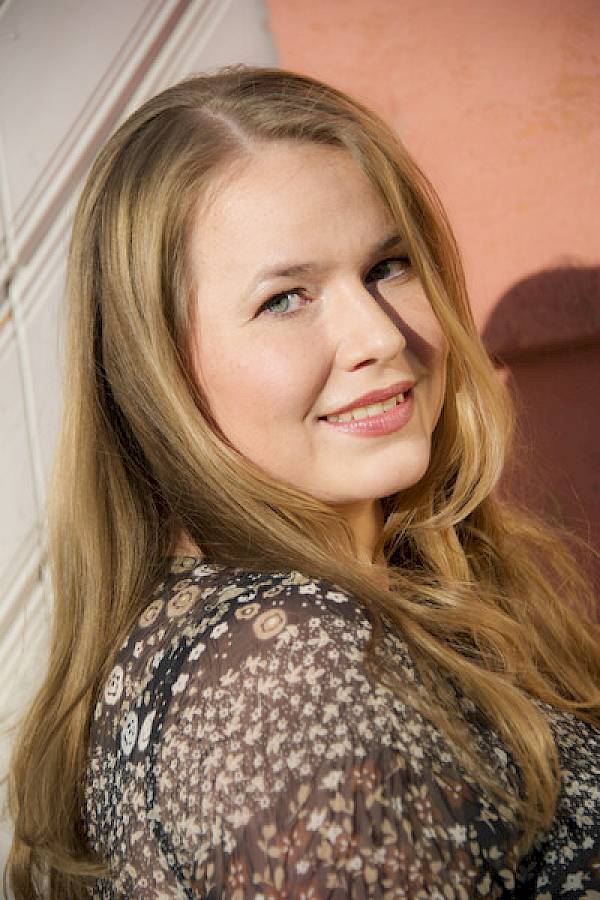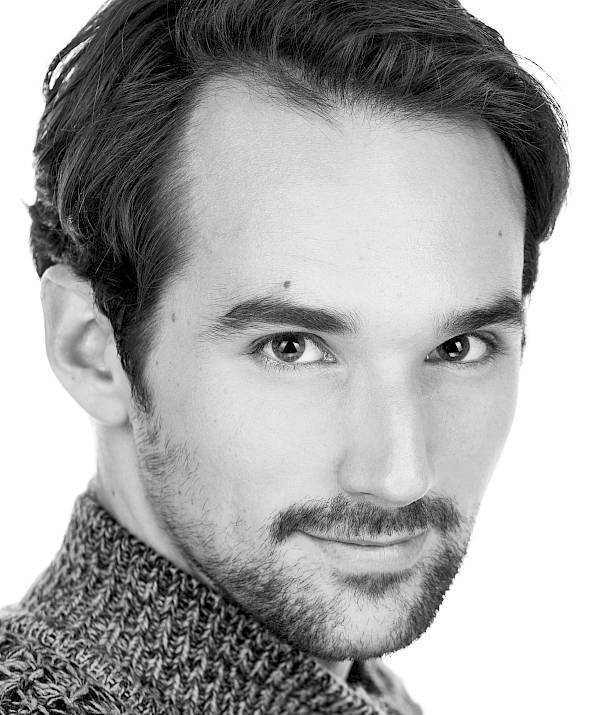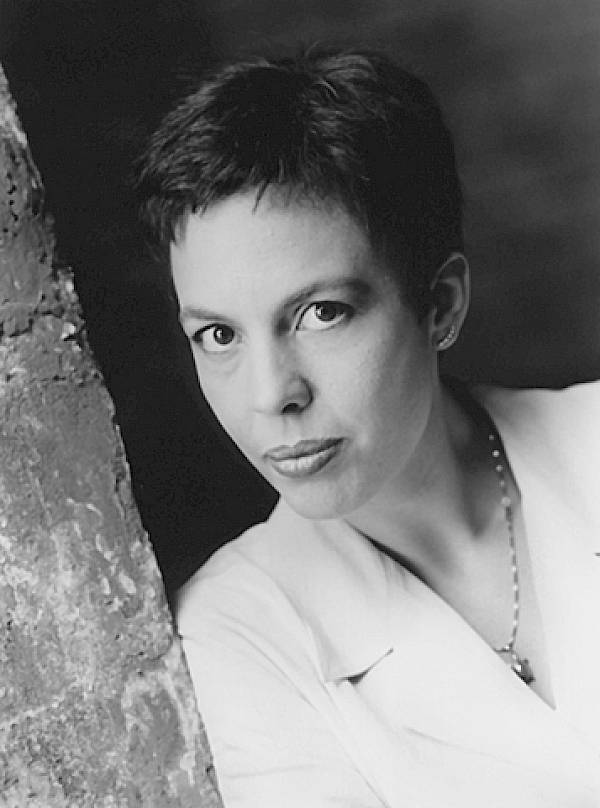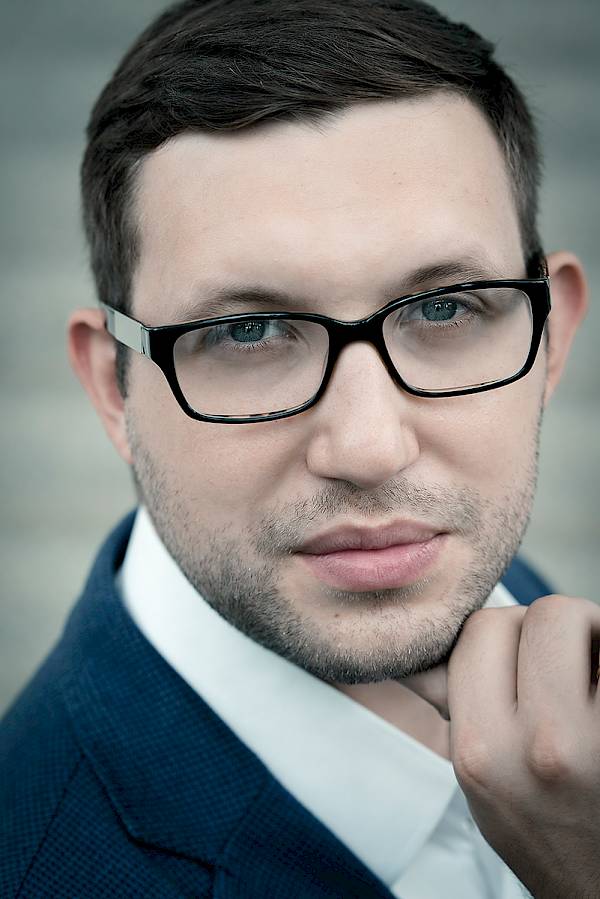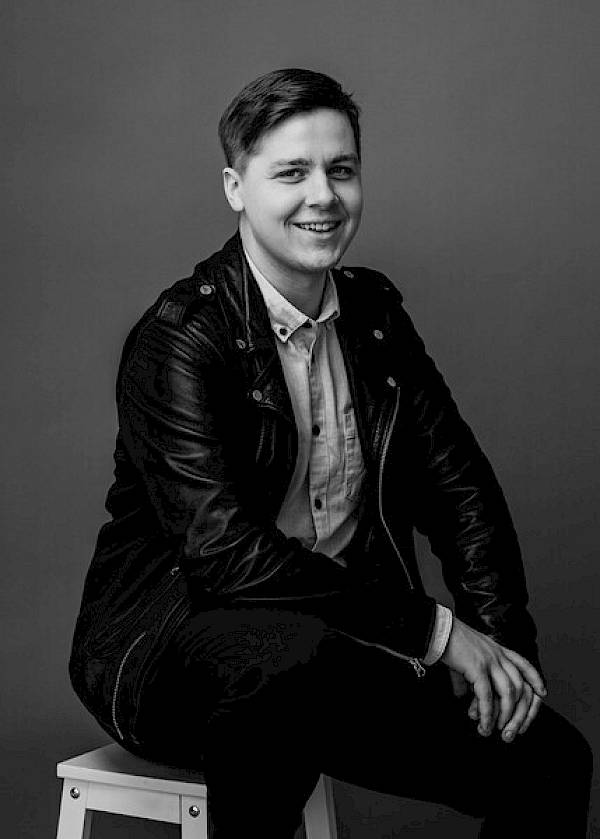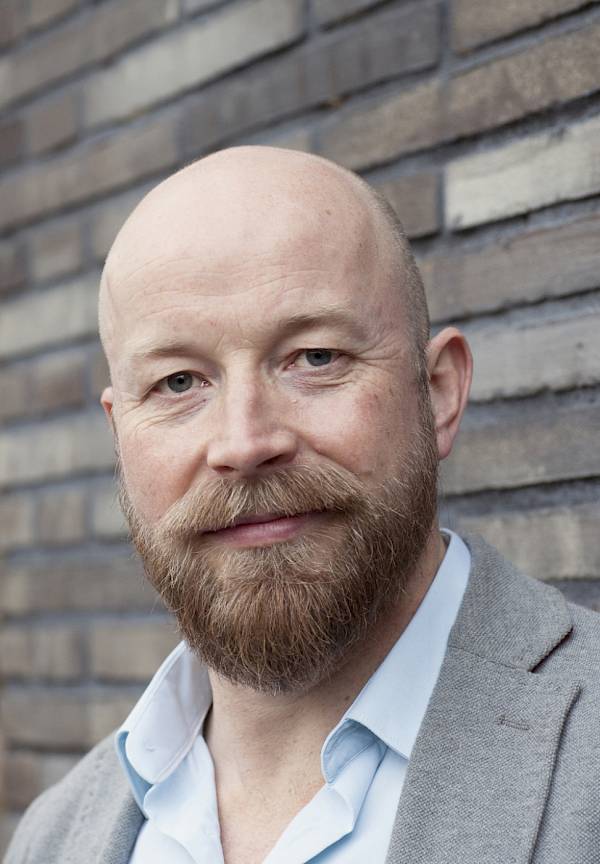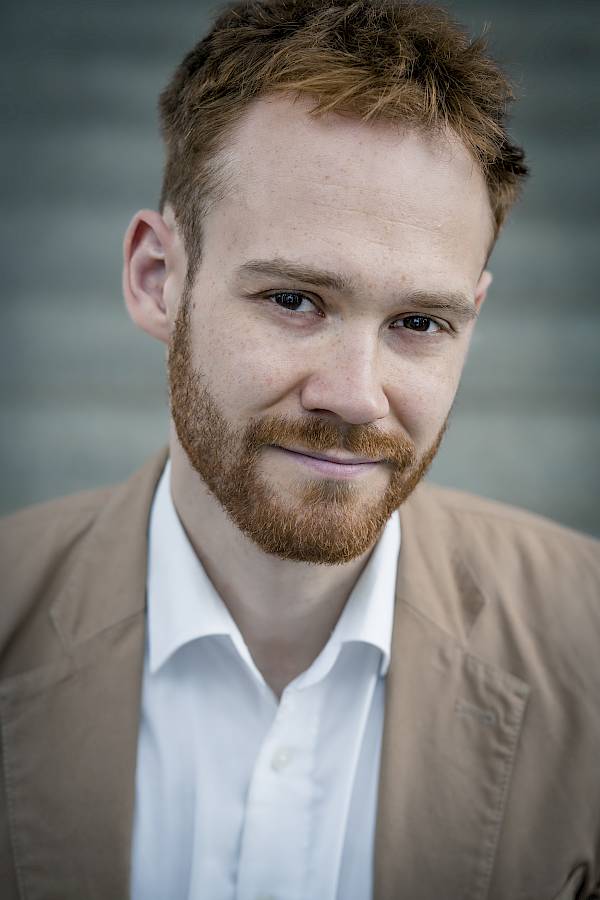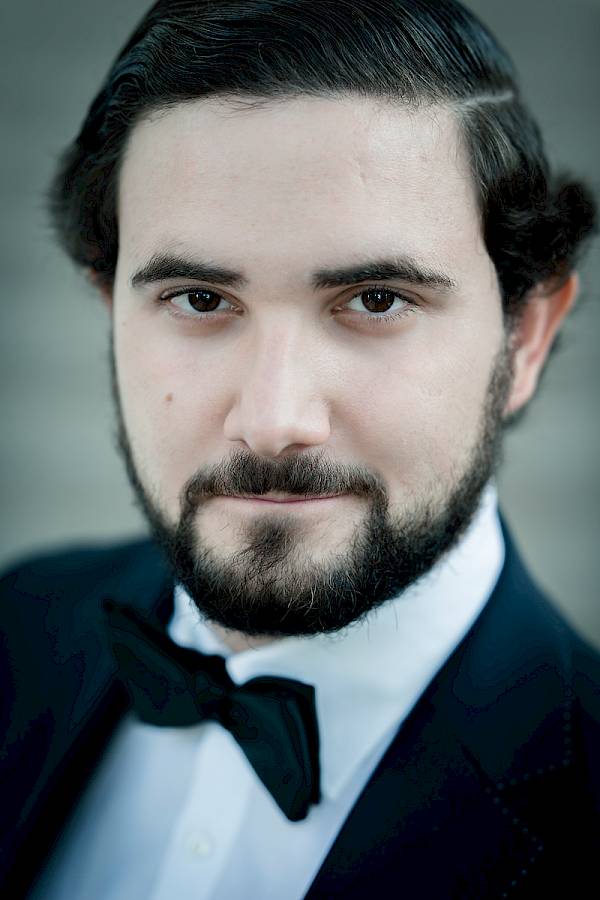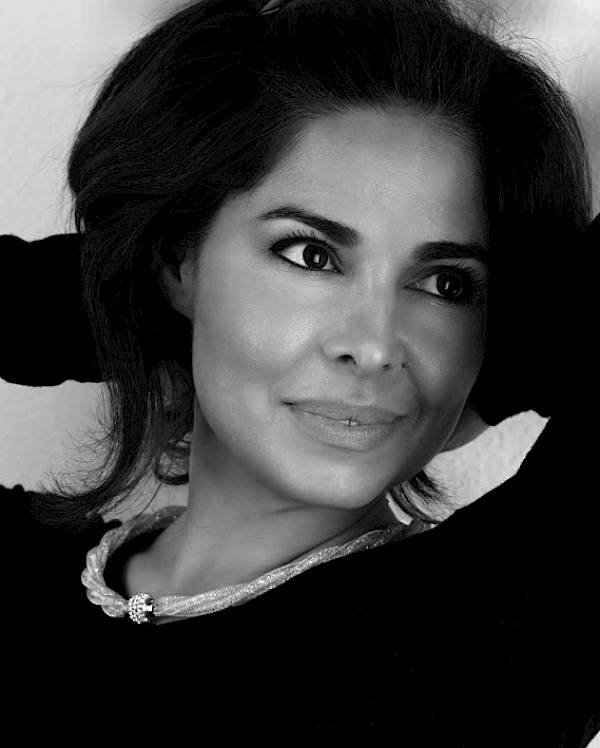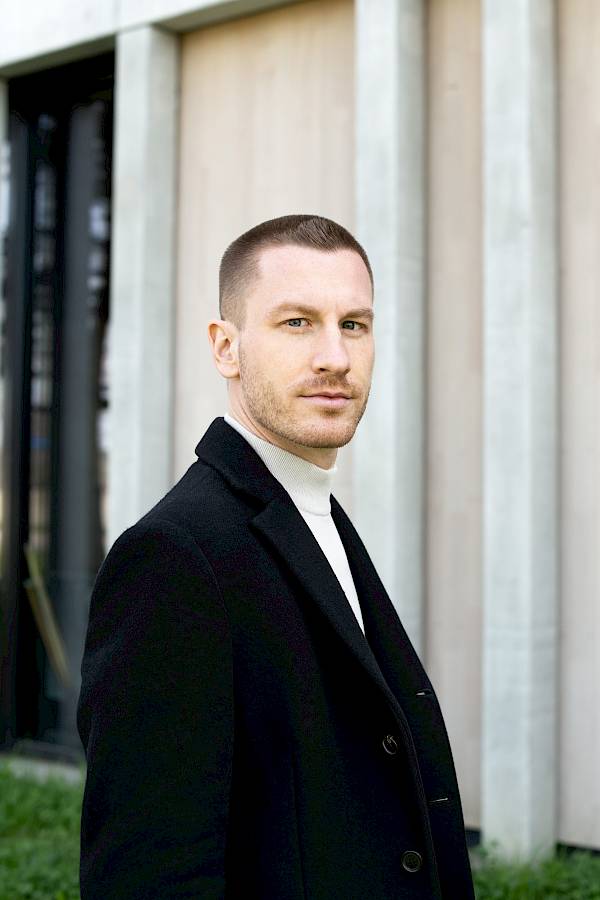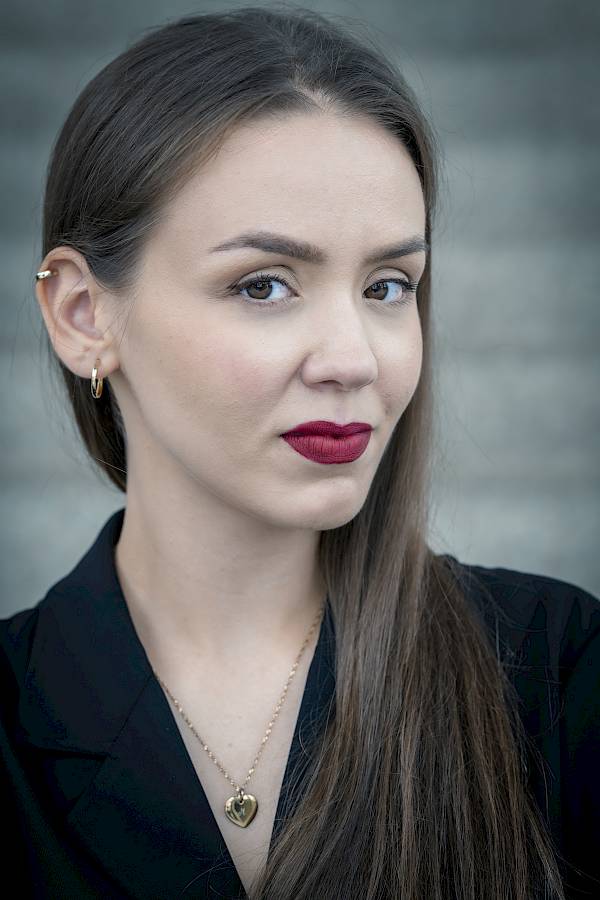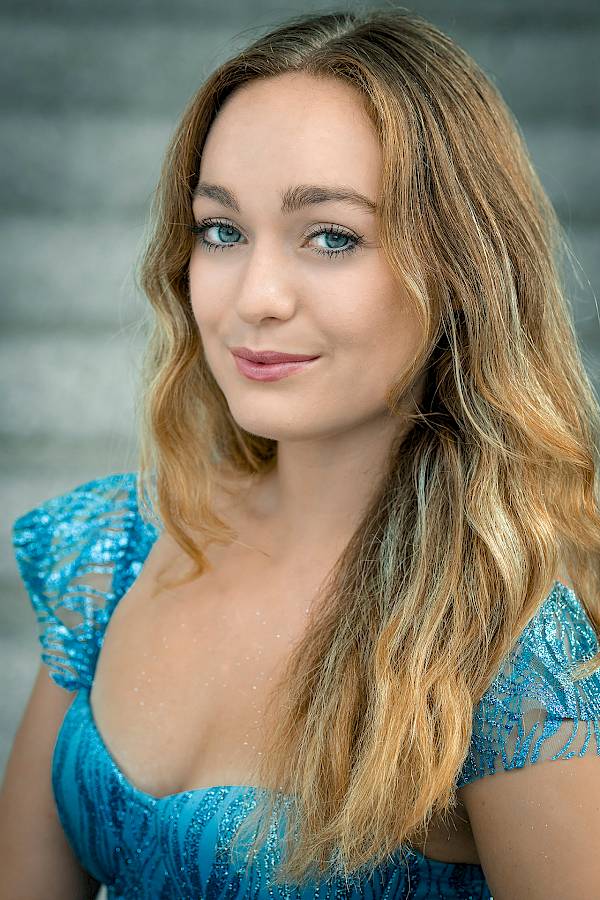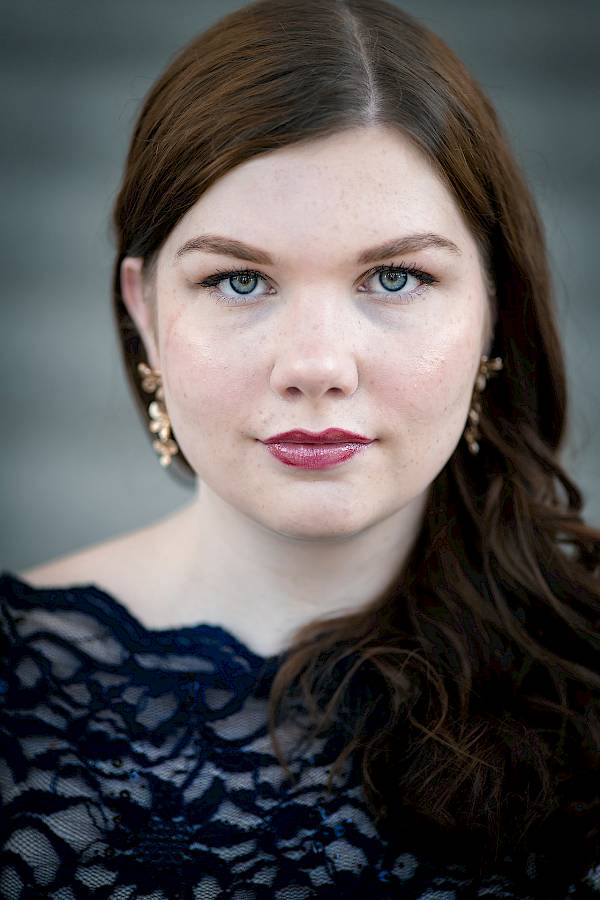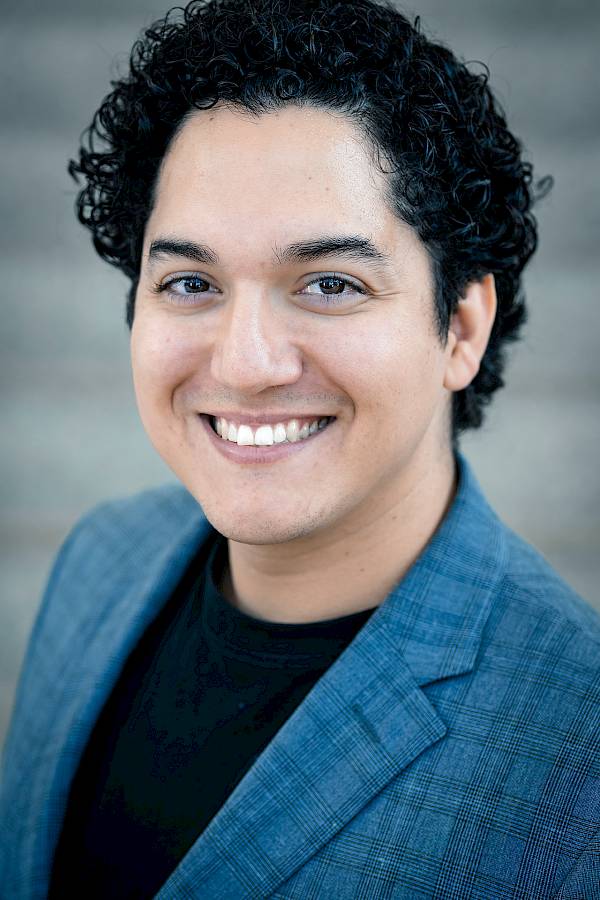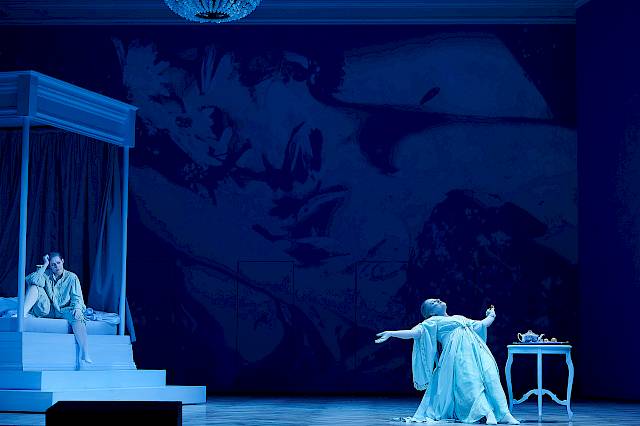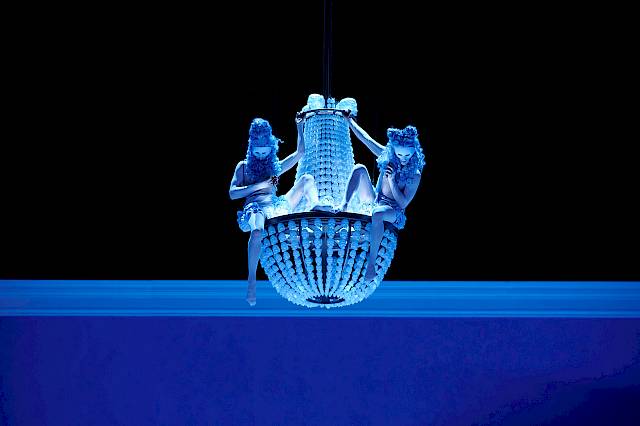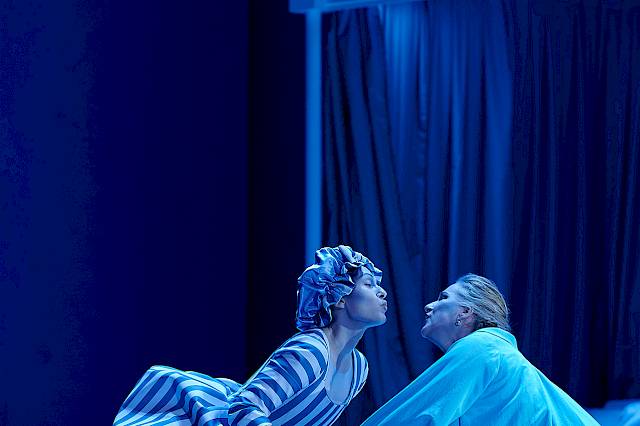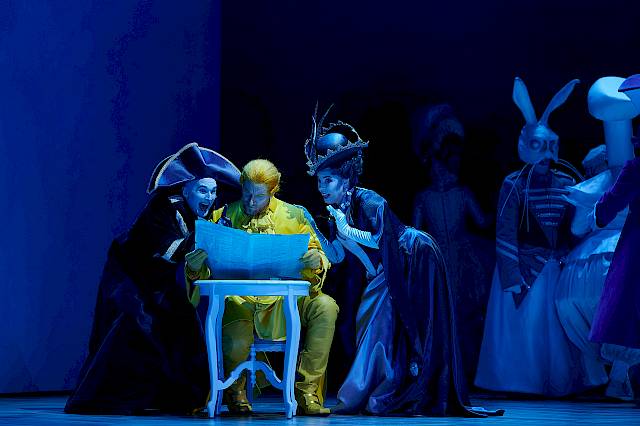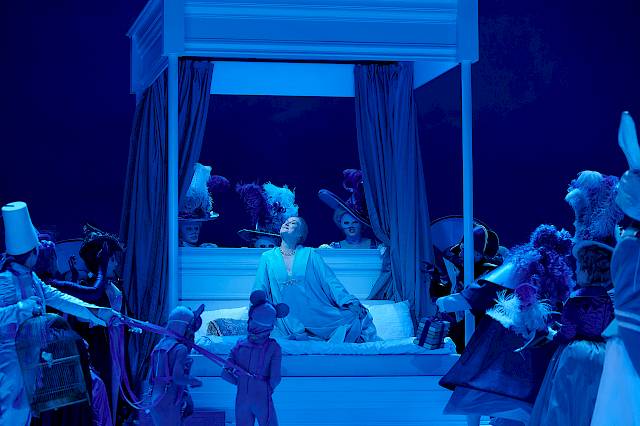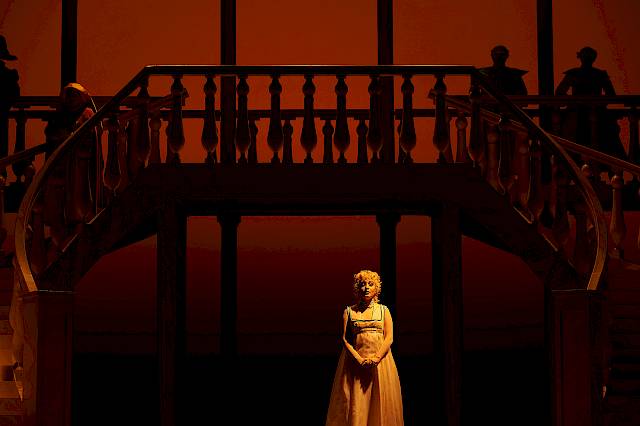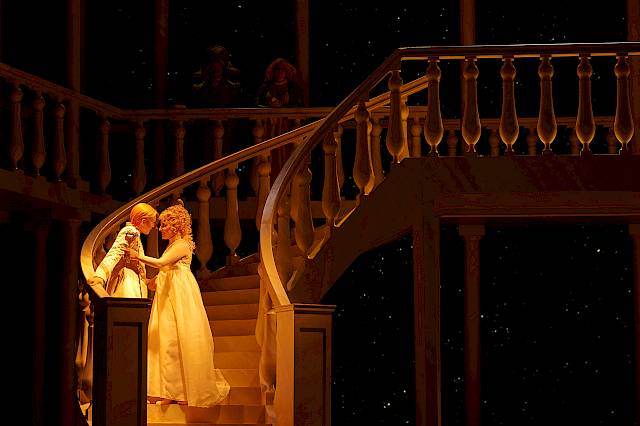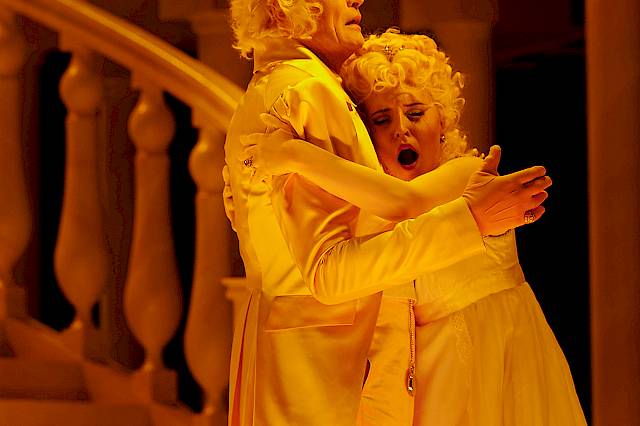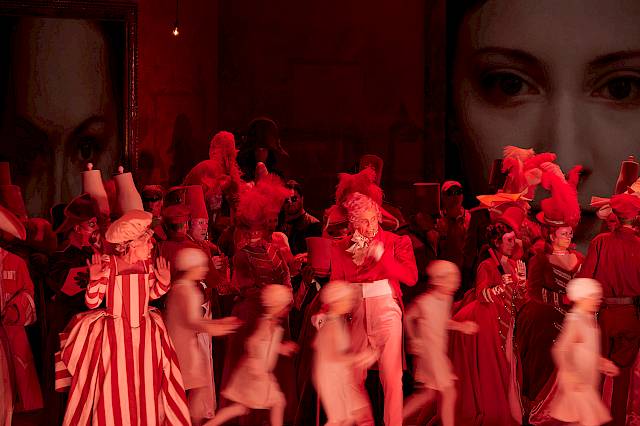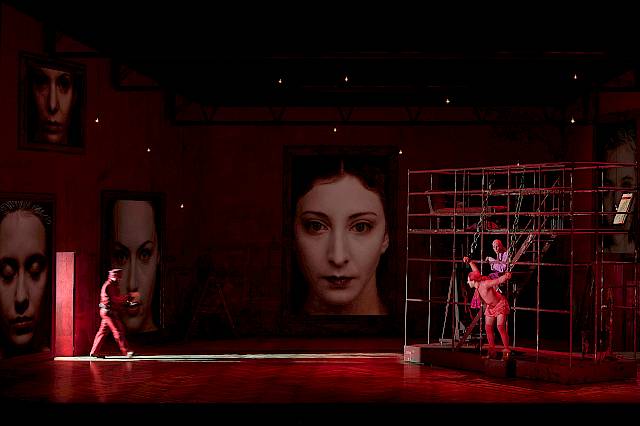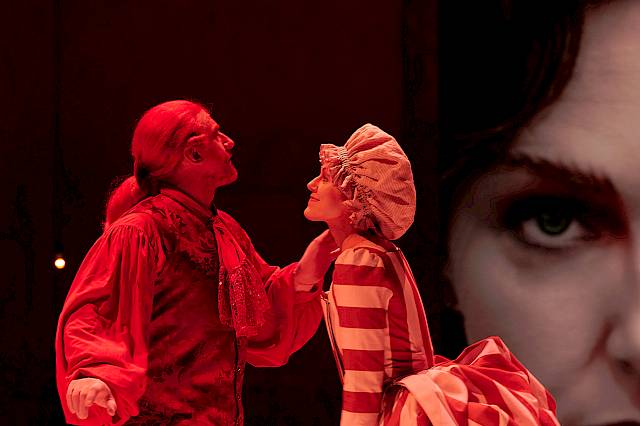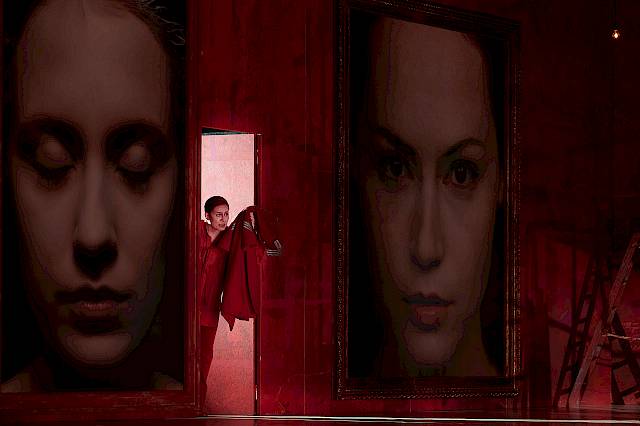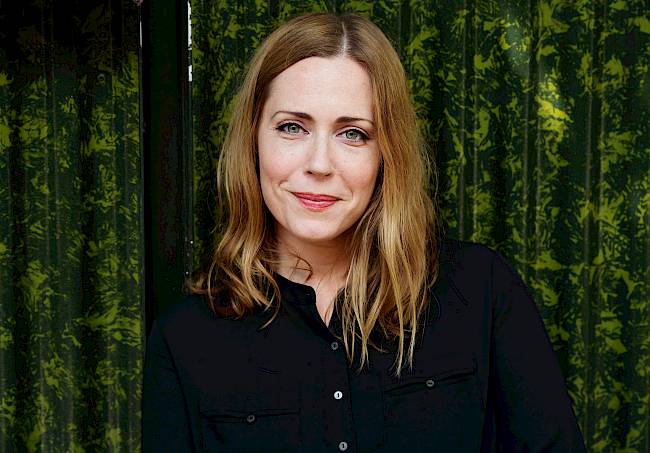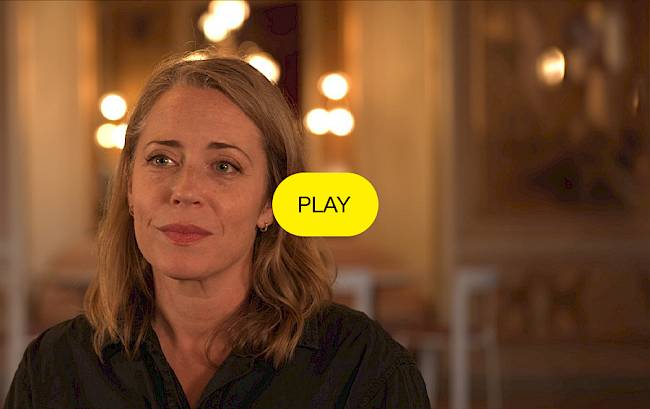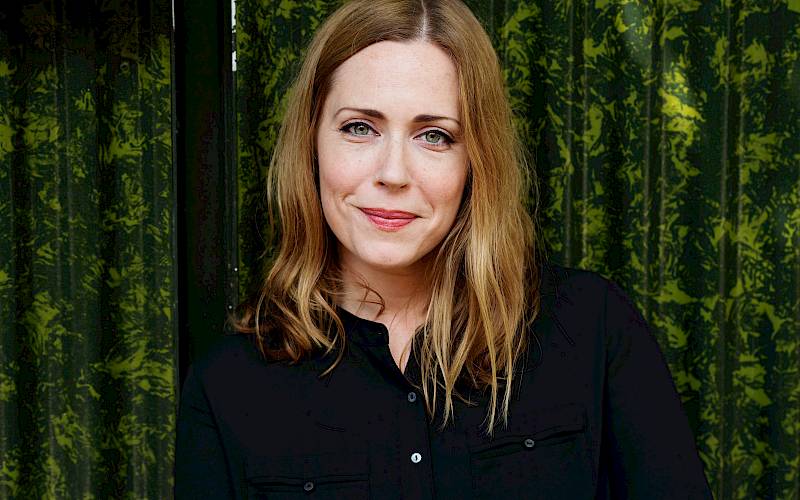...as the Marschallin says in “Der Rosenkavalier”. An essay by Peter Stamm who explores the complex phenomenon of time.
At 7 o’clock I get up.
At 8 o’clock I start school.
At 9 o’clock we write.
At 10 o’clock there’s break.
At 11 o’clock it’s gym.
At 12 o’clock we have soup.
At 1 o’clock I help my mum.
At 2 o’clock it’s more school.
At 3 o’clock we work with our teacher.
At 4 o’clock we go home.
At 5 o’clock I do homework.
At 6 o’clock we have dinner.
At 7 o’clock I can play.
I must have written the above in one of my first years at school. I drew a huge clock face to go with it. The task was probably intended to help us children tell the time, which is not something we simply intuit from birth, but has to be learned.
Before I went to school, I had no clock or watch and little sense of time. Events just followed each other. They happened and they ended. Announcements were made, reminders given. The feeling was one of living in an eternal present. When I played, I played; when I slept, I slept. When I was angry or sad, there was simply nothing else – including any sense of comfort that these feelings would also pass.
Looking back on it now, my childhood seemed timeless, and structured less in temporal and more in spatial terms. I can recall places and how we got there; but I have difficulty putting my memories in any chronological order. My perception of that time seems akin to that of the ‘sacred time’ of religious societies as described by Mircea Eliade in his work The Sacred and the Profane. Sacred time, Eliade argues, “appears under the paradoxical aspect of a circular time, reversible and recoverable, a sort of eternal mythical present” that can, in some ways, be “homologized to eternity”. The ecclesiastical year repeats itself much like the year of the child: Christmas is always Christmas, Easter remains Easter, as does their birthday, or the last day of school before the summer holidays… Within the family, too, we strive to celebrate such occasions consistently in the river of time that sometimes threatens to sweep us all along.
When Adam and Eve ate the forbidden fruit from the Tree of the Knowledge of Good and Evil, they may have become aware not only of their nakedness but of their mortality, too. After all, the Garden of Eden is home not only to the Tree of Knowledge but also to the Tree of Life, to which they were denied any further access following their expulsion. Adam and Eve thus learnt that time had a direction, and that their own time was limited.
Many years ago I visited a reindeer farmer in Lapland. He showed me his herd of surprisingly small animals, which were standing motionless in a fenced-in wooded area. It was the end of April, and snow still lay on the ground. I found myself wondering if the reindeer weren’t terribly bored, standing around for months in the cold and the dark, waiting for spring to return. I could have had the same thoughts, of course, about any cow in Switzerland: their life in the cowshed or up on the alpine meadows is also hardly eventful or exciting. But perhaps I had seen too many cows in my life to wonder about them at all.
I don’t believe that animals get bored. I don’t believe that they wait for spring as we do, or for their forage, or for the sun after the long polar night. I don’t believe that they are afraid of death the way we humans are. I suspect that they also live entirely in the present, as I did when I was a child. So when a dog tied up outside a shop is howling for its owner, it’s not through impatience for their return: it’s because it believes it has been abandoned, and has no idea that it will soon be reunited and untied.
People, by contrast, can foresee the future. They know that the end of the school or working day is just two hours away, that their summer holiday will only last a specific length of time, or that a less-than-inspiring theatre or opera performance is still painfully far from its final curtain. If the running time is shown in the programme, they will even have known what they were in for, and be all the keener for the ending to come. (I myself have come to judge the quality of a performance I am attending not least by how long it is before I first look at my watch.)
While we may often wish we could speed up time – during a boring play, a tedious meeting or an uncomfortable dental visit, for instance – there will be finer times, too, when we would most like to stop time entirely: like Faust, who famously offered his soul for a single moment in his life in which he could exclaim “Stay a while – thou art so fair”. We all know that time cannot be stopped. But we have found ways to make its passing a little less scary and a little less painful.
In music, with its themes and its repetitions, we can capture time to a degree and extend a present which our brain would otherwise perceive in successive units of some three seconds each. If we hear a song, an aria or a fugue, the form of the whole is present at every moment. Every tone has its length; but they resonate on, intercommunicate and blend into bigger meaningful units.
Music forms islands in time. And, ever since recording mediums were invented, a musical experience has been capable of capture and revisiting at will. It’s probably no coincidence that dementia patients often remember the music of their childhood and their youth longer than most of their other memories. A piece of music is more than a piece: it is a whole that has both form and meaning.
Literature is time captured or revisited to an even more immediate degree. Stories can take us back into the past as far and as frequently as we wish. Perhaps this is why humanity first started its storytelling tradition. Literature is recollection, solidified and shaped. And when we read the literature or listen to the music of times long past, it’s centuries-old people, words, tones and feelings that we rouse back to life.
When I was appointed Friedrich Dürrenmatt Guest Professor for World Literature at the University of Bern seven years ago, I elected to make ‘Time’ the topic for my seminar. In the first seminar session I drew a line on the board and marked two points on it, one quarter and three quarters of the way along. “You’re about here,” I told the students, pointing to the quarter-mark. “And I’m about here,” I added, pointing at the three-quarters. What I wanted to emphasize to them was that they in their early twenties and I at 55 were at totally different points in life, and thus had totally different outlooks and perspectives. They met my observation with little response. But I have been mulling over this ‘line of life’ regularly ever since. Which should come as no surprise: we are bound to think more about the things of which we have little left than about those of which we seem to have an inexhaustible supply.
At the same time, something in me rejects the notion that time is a resource like money: we have a certain amount of it, and we spend it and spend it until we die. After all, our position on the time axis of life is far from secure, and even the latest average life expectancy statistic tells me little about my own personal fate. I could have left this Earth at 20. I could even leave it today, wiped away with a wet sponge like my lifeline at the end of that first seminar session. Above all, though, this linear depiction of time runs counter to my own perceptions of it. Life seems short, but its hours seem long.
“What is time? If no one asks me, I know; but if I am asked this question and seek to explain, I know no longer.” Few utterances on time are cited as often as Augustine of Hippo’s in his Confessions, written in the 4th Century. The saint and scholar goes on to reflect on the nature of time, and comes to some surprising conclusions. Augustine assumes that time, along with heaven and earth, is part of God’s Creation. Before this, neither space nor time existed. “But if there was no time before heaven and earth, how, then, can it be asked: ‘What wast Thou doing then?’ For when there was no time, there was no ‘then’.”
This concept of time comes close to that of modern cosmology, I was once told by a Hungarian physicist who was working at CERN. “At the moment of the Big Bang, there were no laws of physics,” he explained. “There was neither space nor time.” He was not a religious man, he continued; but he found it astonishing that Augustine could have come to the same conclusion over 1600 years ago through his musings alone.
Augustine also believed that there is no past and no future: just a ‘present of the past’ and a ‘present of the future’. The past, he asserts, is only memory, and the future is only expectation, both of which lie firmly in the present. Things past may have an impact on the present, but they no longer exist. Nothing exists, in fact, but the present – a thought that is as highly illuminating as it is deeply disconcerting.
I am writing these lines on a train back from Berlin. I was there for a week, meeting people and talking with them. Some of these discussions will have their repercussions. But the talks themselves no longer exist – just like the Japanese meal I enjoyed there and the thunderstorm in which I arrived.
This sense of things passing is particularly painful when we are grieving a loved one. In his moving cycle On the Death of My Child, which he wrote following the loss of his two-year-old daughter, the German poet Joseph von Eichendorff says:
|
Die Welt treibt fort ihr Wesen,
Die Leute kommen und gehn,
Als wärst du nie gewesen,
Als wäre nichts geschehn.
|
The world keeps on its turning
Its people come and go
As if you had never been here
And nothing ever so
|
Here, too, literature can serve as our support. It can draw us close to those far away; and it can bring the dead back to life and, in doing so, not take away death’s horror completely but at least make it easier to bear. Only the forgotten – the ones we no longer tell stories of – are truly dead, they say. Two centuries after the death of his daughter, and almost as long since his own passing, Eichendorff continues to remind us of her and, simultaneously, of our own mortality and of the implacability of time, which we forget all too often in our daily lives.
It is life’s transitory nature that troubles the Marschallin in Der Rosenkavalier, too, when she sings:
|
Die Zeit, die ist ein sonderbar Ding.
Wenn man so hinlebt, ist sie rein gar nichts.
Aber dann auf einmal, da spürt man nichts als sie.
Sie ist um uns herum, sie ist auch in uns drinnen.
In den Gesichtern rieselt sie, im Spiegel da rieselt sie,
in meinen Schläfen fliesst sie.
Und zwischen mir und dir da fliesst sie wieder,
lautlos, wie eine Sanduhr.
Oh, Quinquin!
Manchmal hör’ ich sie fliessen – unaufhaltsam.
Manchmal steh’ ich auf mitten in der Nacht
und lass die Uhren alle, alle stehn.
Allein man muss sich auch vor ihr nicht fürchten.
Auch sie ist ein Geschöpf des Vaters,
der uns alle erschaffen hat.
|
Time is a curious thing.
Consumed by our lives, it seems nothing at all.
But then one fine day, we feel nothing else.
It is all around us, and within us, too.
It trickles in our faces, and there in the mirror,
Streams between my temples.
And between you and me, there it flows again,
Soundless, like an hourglass.
Oh, Quinquin!
Sometimes I hear it flowing – relentlessly.
Sometimes I rise in the middle of the night
And stop all the clocks.
And yet we need not fear it.
It, too, is the creation of the Father,
Who has created us all.
|
The Marschallin is right: we need not fear time. Not because it is God’s creation – that is too flimsy an argument in today’s secular times – but because it cannot do us harm. If the present is all we have, then time may not exist at all. And the eternal present in which animals may live, and which we felt as children, may be no less real than the linear time we all make our way along in our adult years.
That time may well be an illusion is a notion which is debated at length by philosophers and physicists alike. Since Einstein’s Theory of Relativity at the latest, which upended our previous ideas of it, time has been relative and its existence in doubt. And, as we have seen already, Augustine had already conceived of a state in which there is no time at all.
That I have now been on my journey for almost ten hours and my train is currently running 18 minutes late is undeniable, however. And that I will not make my connection in Zurich is at least a probability. But there will be other trains.
One of my favourite books, A Man Asleep by Georges Perec, tells the story of a student in Paris who is supposed to go to an exam but doesn’t. He tells no one, but simply starts leading a life in which every day is the same as the last. He withdraws, and no longer opens the door when people come calling. He just sits in his room, or aimlessly wanders the city streets. He always eats the same thing, reads every word of the newspaper with absolute indifference, and watches people pass by. Everything, to him, is the same and of total unimportance.
It is said that, in writing this story, the author was also processing his own personal depression. His protagonist essentially steps out of time to live in a perennial present that cannot harm him, free of all commitments and desires. At the end of the tale, though, he comes back to the world and back into time. He realizes that his solitude has taught him nothing, and that his indifference has been pointless, since the world itself makes no sense.
“You can want it or not want it: what difference does it make? You can play a game of pinball or not – someone is bound to put a 20-centime piece in the slot.” The young man believed that his refusal to engage would render him invulnerable. But then he finds himself standing on Place Clichy: it’s raining, and he doesn’t want to get wet. Georges Perec offers us no beliefs, no meaning, no ideology and no umbrella. Just the certainty that we cannot stop time, and that time will continue, both merciless and merciful at once. We must content ourselves with this. And we do.
Time, which watches over everything, has delivered a solution against your will. Time, which knows the answer, has carried on. It is a day like this one now, a little later, a little earlier, on which everything begins anew, on which all things begin and all things continue.
Georges Perec, A Man Asleep
The translation is by Paul Day.



